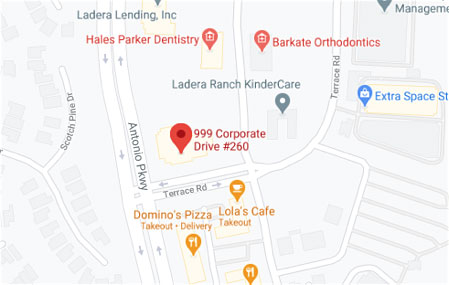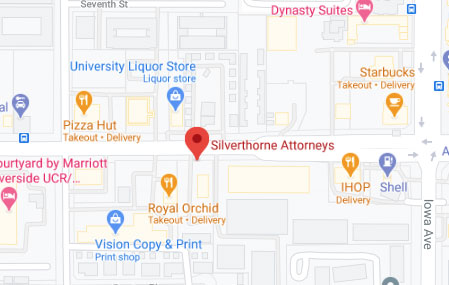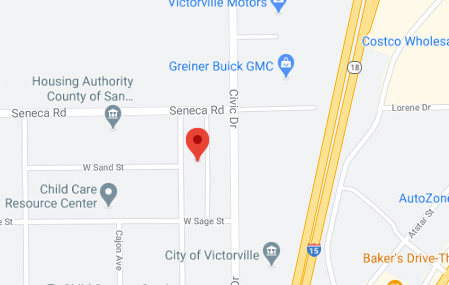Sustaining an injury due to another person’s negligence in and of itself can be enough of a stressful and emotional situation. But combine that with the frustration of trying to recover lost wages, and the experience can feel like it is morphing into nothing short of a complete disaster. Dealing with the complicated combination of medical bills, necessary time off work, and severe pain due to your injury – all while trying to continue to make the mortgage and pay the bills – may seem like it is more than you can handle.
Don’t let the fear and frustration this situation is bound to bring about stop you from pursuing legal action in order to recover the lost wages you deserve after your injury. Protect yourself and your family by knowing and understanding the best way to successfully recover your lost wages following your injury.
Understand What is Considered Recoverable as Lost Wages
The simplest way to calculate your lost wages after an injury is to find out how much money you did not get to take home as a result of being out of work due to a debilitating injury which required time off work to adequately recover. This easy calculation can give you an estimate of your lost wages: multiply your daily wage by the number of days you missed work due to the injury. You could also use this same calculation by substituting “days” for “hours” or “weeks”. This calculation is only for hourly wages, which is what most people commonly assume is all that is included in lost wages.
However, in reality, lost wages not only include the hourly wages you missed out on when you took necessary time off work, but also all benefits and perks which may be included in your total compensation package. You are entitled to the fullness of your compensation package and can pursue damages for the financial value of any other benefits you have through your employer.
Lost wages may include:
- Hourly wages or salary you would have been paid had you not taken time off to recover from your injury;
- Overtime pay you would have been entitled to had you been able to work during the time you took off;
- Sick day pay if you used those days during recovery;
- Vacation days pay if you had to use those days while recovering;
- Holiday pay if there were days off during your recovery period, including national holidays, such as Christmas and Thanksgiving;
- Bonuses which you would have been awarded had you been able to work during the time you were out recovering from your injury; and
- Retirement fund contributions which you would have made if you were working as usual.
In short, lost wages can be any type of wage, benefit, or other financial offset you would have typically been able to receive had you not been injured, resulting in a necessary recovery time during which you were unable to work. Keep in mind that your employer will probably require written proof from a medical professional that you are unable to work for a certain period of time due to your injury.
Learn How To Prove Lost Income Following An Injury
Knowing what is considering lost wages is only the first step in recovering your full income following an injury. The next step is to understand how to prove that you actually lost the amount of wages and income you are alleging during your time off work due to your injury. Unfortunately, your own calculations and guesswork is not enough when it comes to working with the insurance adjuster to recover these wages.
First, you should get as much information from your medical provider as possible. While a regular doctor’s note may be sufficient for your employer, the insurance company will probably require much more information regarding your injury and diagnosis, how it impeded you from adequately performing your work responsibilities, how long you needed to fully recover, and predictions regarding your ability to work in the future, including any anticipated work restrictions. This is called a medical narrative and may be very useful in helping you recover your lost wages as a result of an injury.
Next, you will need to obtain proof of income from your employer. While your own calculations may be a good starting point, your employer will be able to calculate a more detailed report. This can also serve as written proof that these are indeed the pay and benefits to which you would have been entitled had you not taken time off work. You should obtain this information in writing on company letterhead rather than an email or simple handwritten note. It should include how many days you missed work due to your injury, your salary, the number of hours you work during a normal workweek, vacation days, sick days, and holiday pay you may have used during recovery, as well as any other benefits which were lost.
Having this information to provide to your attorney will help to recover your lost wages more quickly and efficiently. It will also help ensure that you recover the full amount of pay and benefits you lost during your time off.
Calculate Lost Earning Capacity
When you have lost wages due to being out of work because of an injury, you may be entitled to not only the wages you lost at this time, but also any wages you may potentially lose in the future because of this injury. For example, if you sustained an injury which permanently damaged your hands, you may be entitled to extra compensation to make up for the fact that you may not be able to perform the same work you would have been able to if your hands had not been injured.
Passionate Advocates in Southern California
Recovering lost wages can be a complex task, but an experienced personal injury lawyer will discuss the details of your case with you, walk you through the process, and answer any questions you may have along the way. Don’t gamble with your future.
If you have experienced lost wages as a result of an accident in Orange County, California, our knowledgeable and experienced team of personal injury lawyers at Silverthorne Attorneys are here to help. Please contact us at (949) 234-6034 to obtain more information about pursuing your legal rights.












